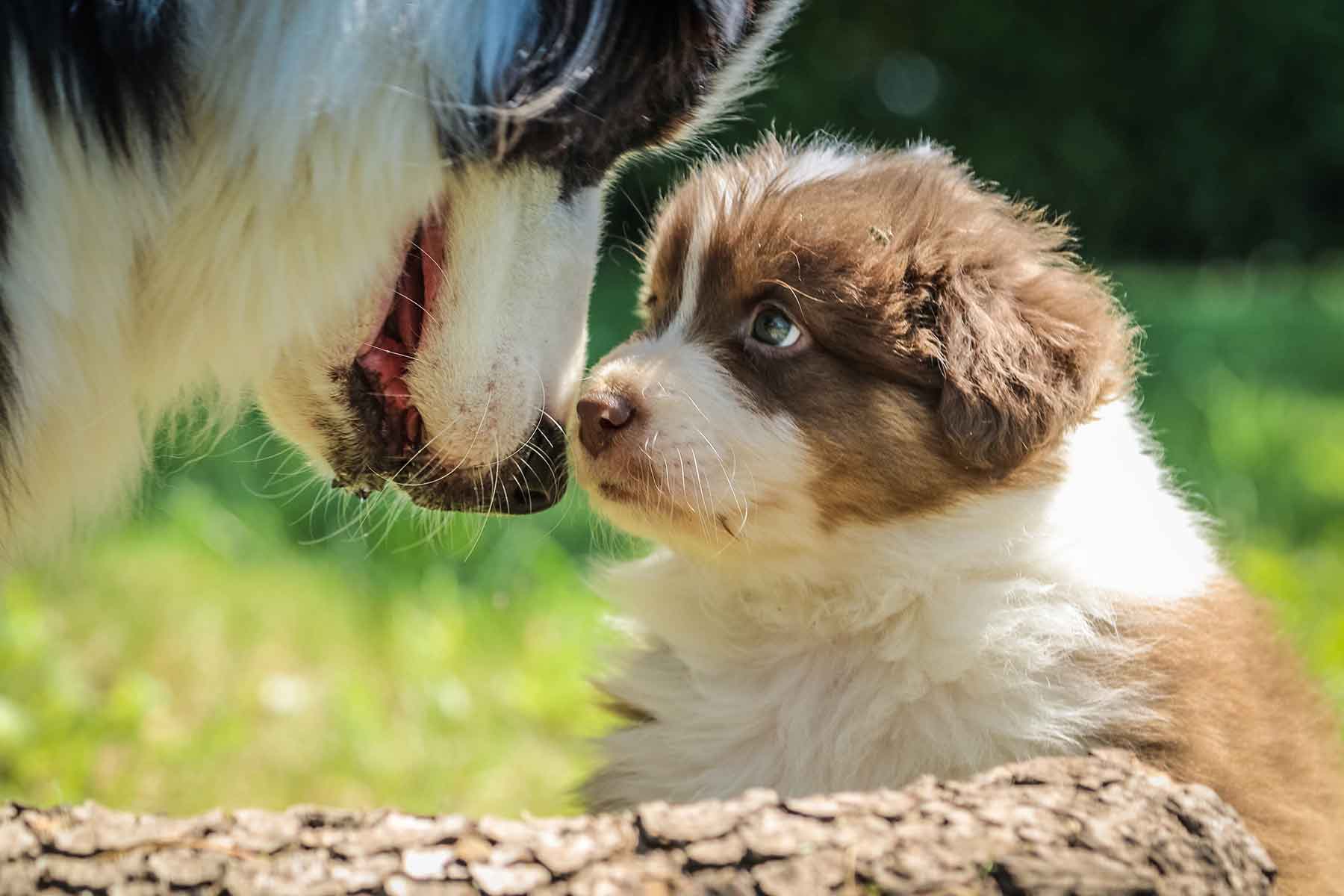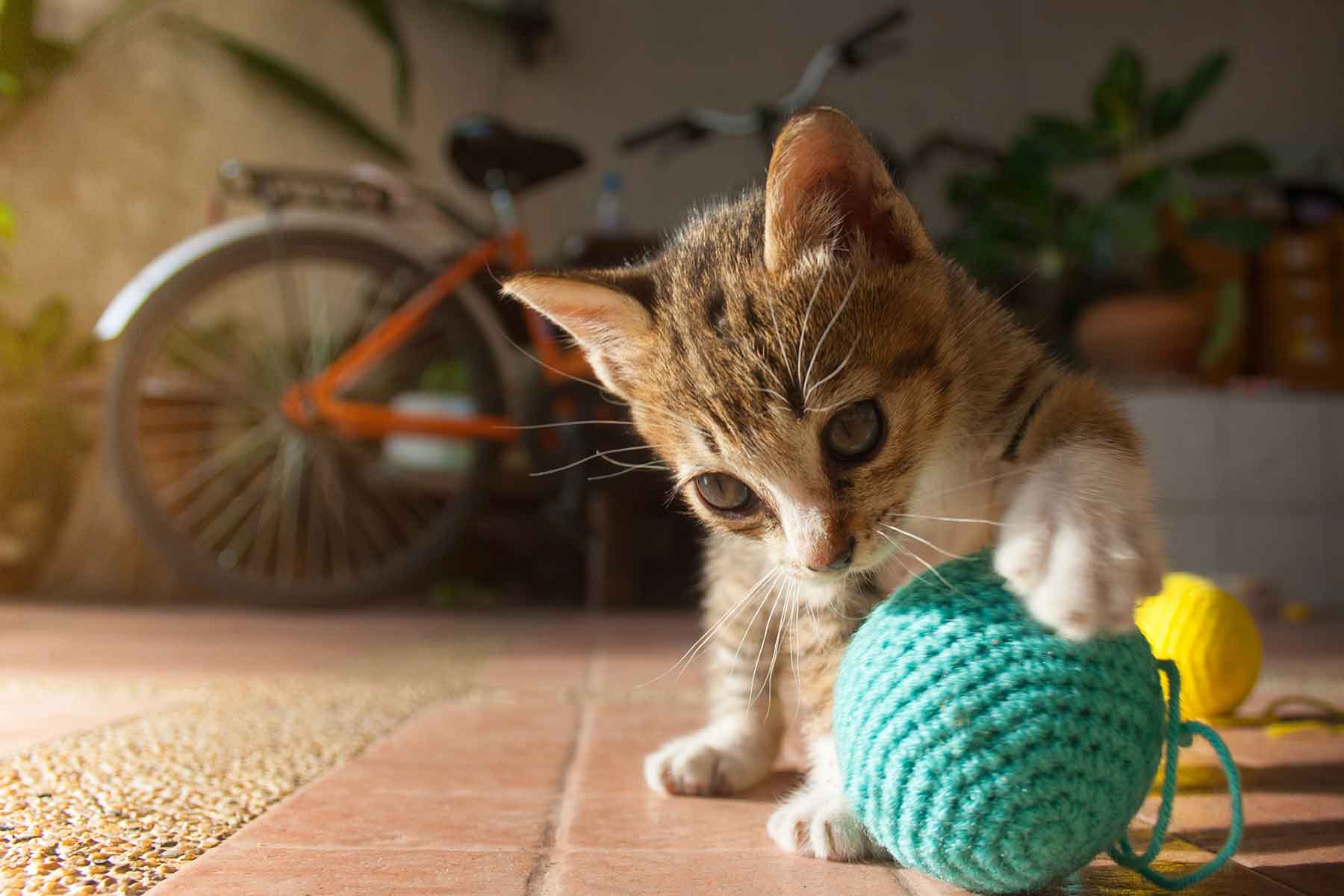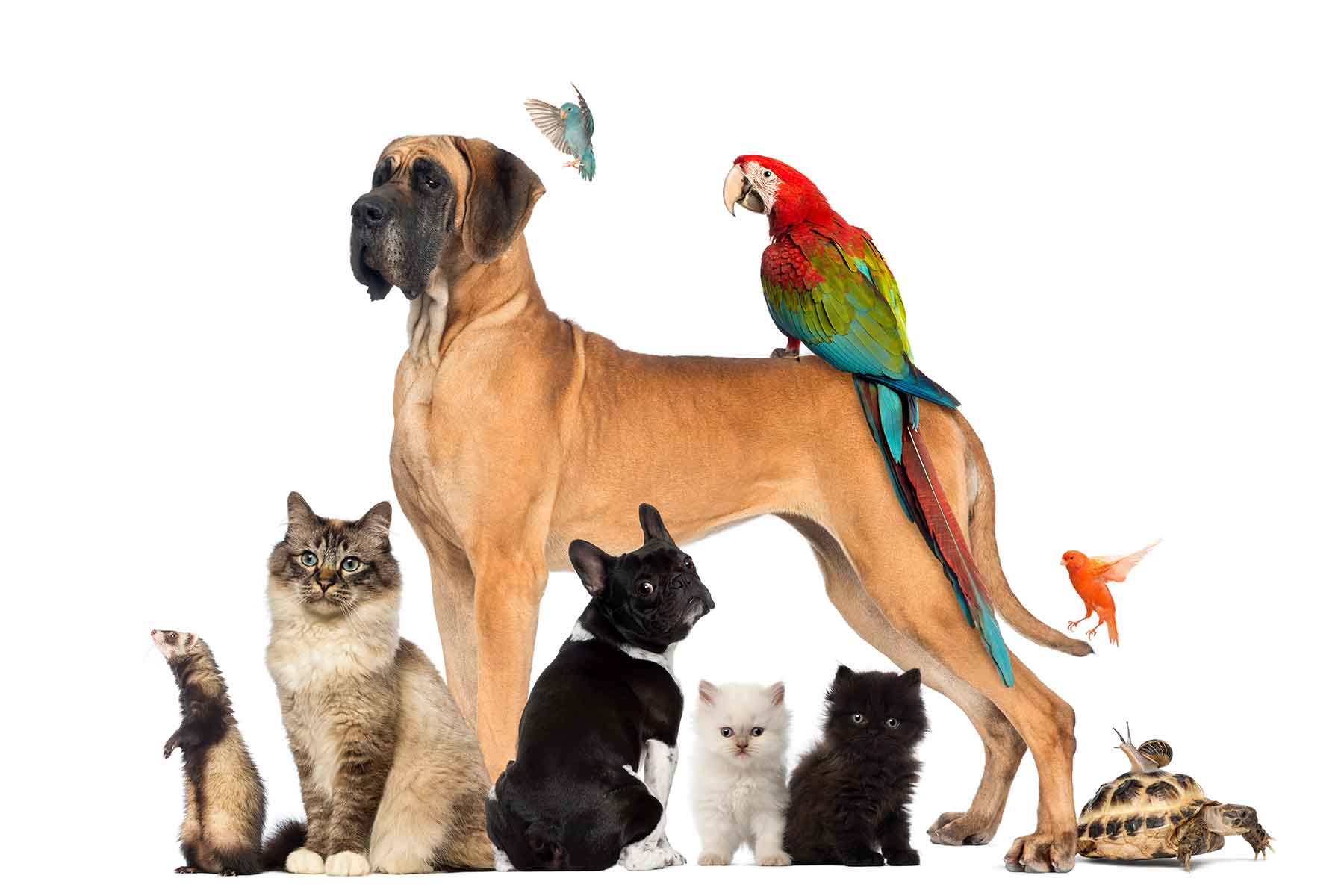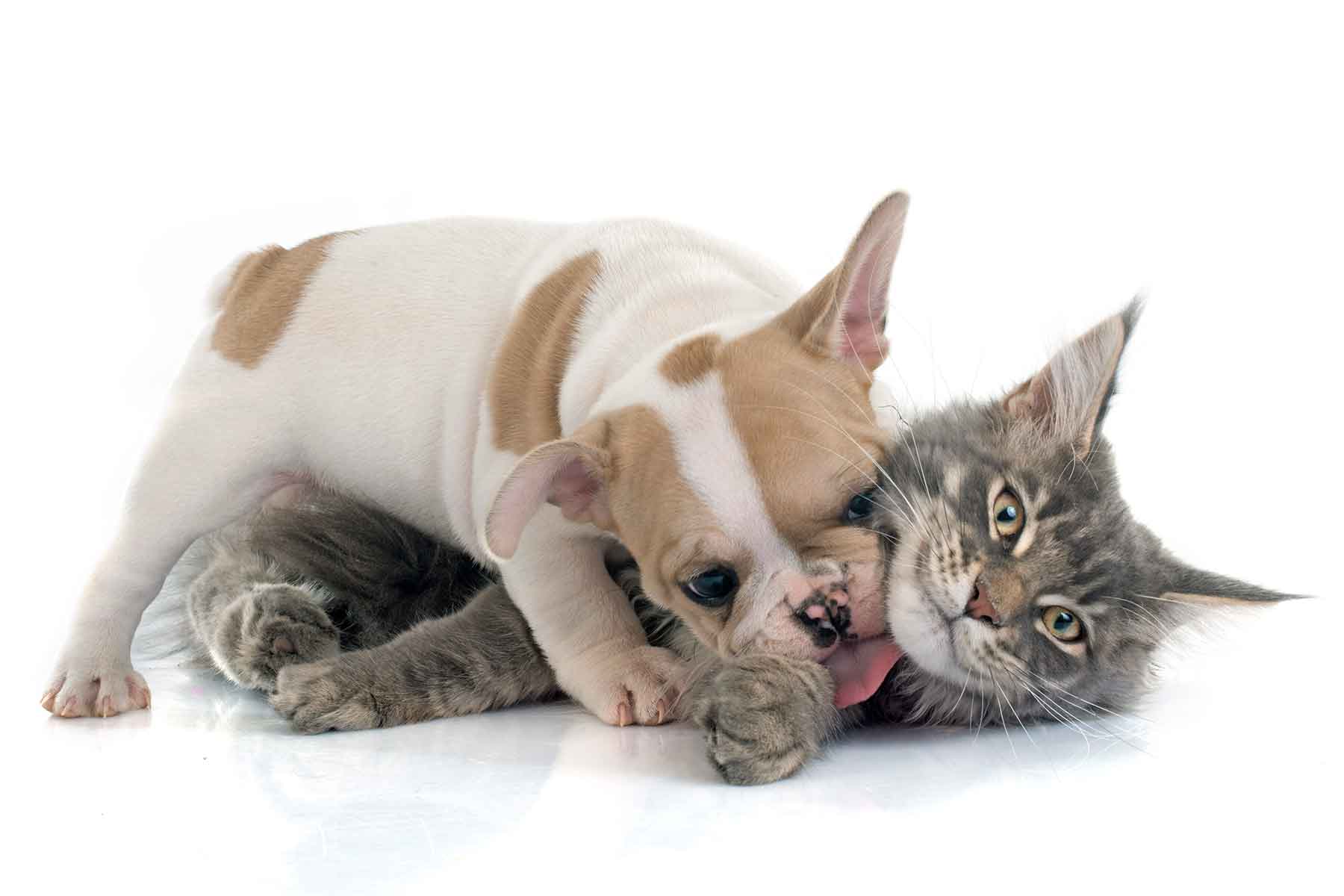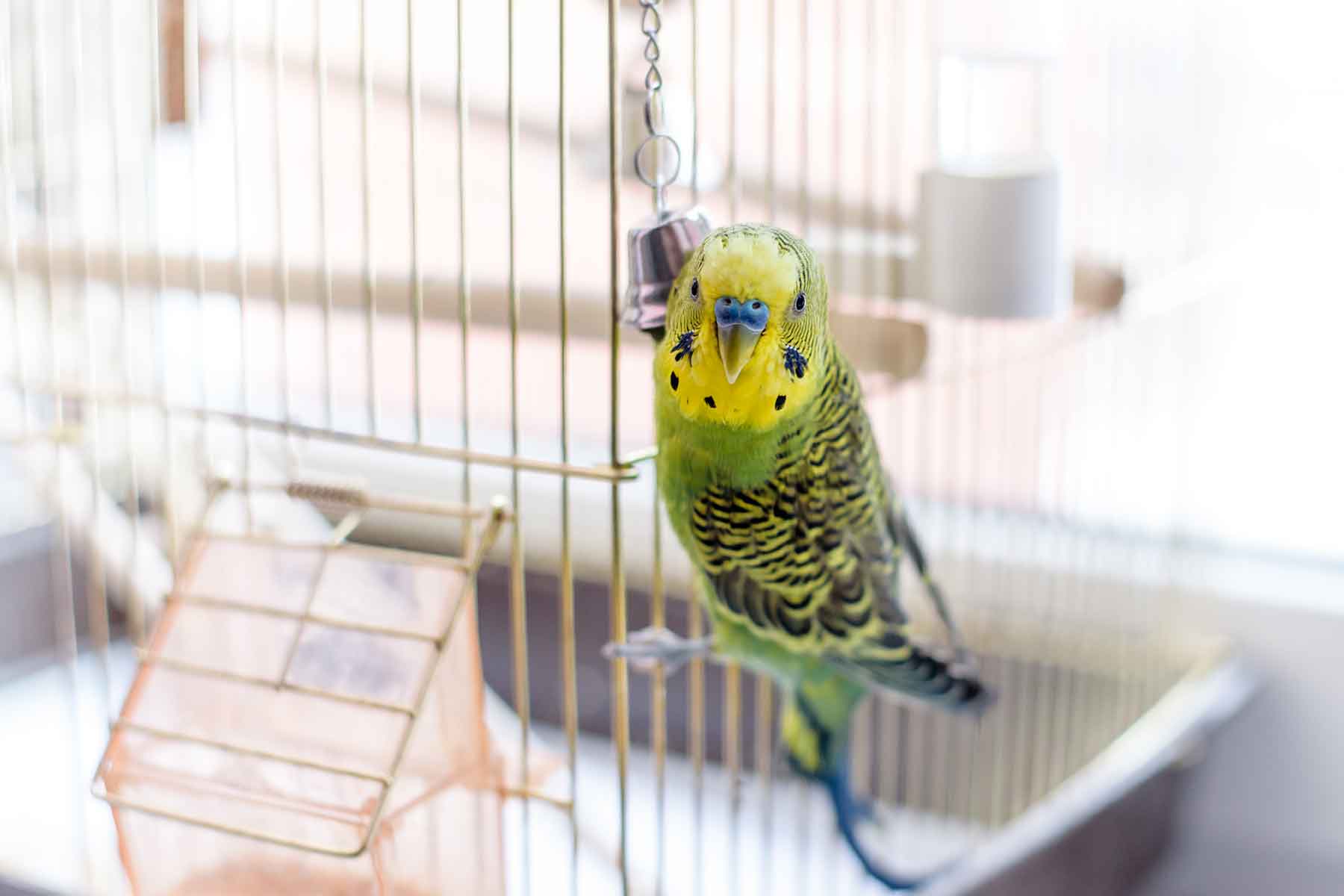Many a parent has been known to say “If you kiss the cat, you’ll wake up with whiskers!” While this common falsehood might prevent small children from getting too close, the question remains what are the real risks of kissing your cat? Just as we tend to avoid close contact with humans who are sick, you should avoid kissing your cat when he or she is sick. The difficulty with pets is that we may not always know when they are carrying infections or disease.
The risks
While there are some diseases you can’t catch from your cat (such as flu or kennel cough), there are a number of diseases which you can. Zoonotic diseases. can be passed from animals to humans. These include:
- Common bacteria, such as Pasteurella, Staphylococcus, E-coli and Salmonella, all of which are highly contagious.
- Ringworm, a common fungal infection that is highly contagious and can easily spread from cats to humans. While relatively harmless, it is particularly prevalent in children and can be very frustrating to treat.
- Cat scratch fever or Bartonella can sometimes be passed on to humans.
- Parasites, such as Toxoplasmosis, can sometimes be transmitted to humans through unsafe handling of kitty litter.
If you know your cat has any of the diseases above, be careful to keep your distance until he or she is well again.
A kiss on the lips?
There are rumours that a cat’s mouth is actually more hygienic than a human’s. It is true that the bacteria in a cat’s mouth is quite similar to that of humans. As such, at any point in time, a cat’s mouth may be no dirtier than ours. However, cats contain certain other bacteria in their mouths, which cause gum disease. As predators, they also eat animals and insects that may harbor diseases. To be safe, avoid kissing your cat on the lips. A peck on the head is just as affectionate and carries far less chance of disease. To ensure your cat’s oral hygiene, you might consider regularly brushing your cat’s teeth or administering mouth wash. Your vet will be able to advise on the best ways to do this.
Who is most at risk?
If you have a healthy immune system and your cat is free from disease and parasites, giving your cat a quick peck is probably low risk. However, there are a number of people for whom contact with animals can pose a great risk. People who should avoid close contact with cats include:
- Very young children
- Pregnant women
- Immunocompromised people (such as those with HIV or undergoing cancer treatment).
- People with lowered immune systems
If you or a member of your family is in a high-risk category, it is best to seek advice from your doctor.
The health benefits of having a cat
If your immune system is down or your cat is sick, avoid close contact. However it is worth noting that, in general, having a cat in the house can actually improve your health. Many studies suggest that having a pet improves mood, lowers blood pressure and strengthens the immune system. Researchers have also found that children who grow up with animals have fewer allergies, possibly because of early exposure to various bacteria and viruses. If both you and your cat are healthy, a quick peck now and again will not do any harm.
Quick tips
- Only kiss your cat when he or she is calm and relaxed.
- Keep vaccinations up to date and treat your cat regularly for fleas and parasites.
- Avoid kissing your cat on the lips.
- Wash your hands well after handling your cat, especially before preparing food.
- Keep your cat off kitchen benches and other surfaces where you handle food.

